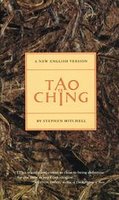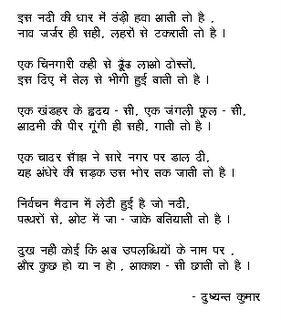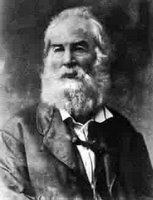
For this book, what I gather, the world of classic literature should be more thankful to Max Brod, the closest friend of Kafka, rather than Kafka himself. "The Trial, a classic, more of psychometric kind, was neatly placed in the drawer of Kafka at the time of his death in 1920. Max was instructed by Kafka to burn all the manuscripts after his death. Thankfully, Max Brod, after reading only few pages never felt like burning it. The Trial was published in 1925 with fragments added by Max Brod. Since then, it is incomparable.
This terrifying tale of Joseph K. gripped me from its very first lines : Somebody must have slandered about Joseph K. as one fine morning he was arrested in his apartment. The tale further unfolds into such dimensions that any sane man would fear to put himself in the place of K. He gets arrested without any reasons, faces the trial without any judge & gets death sentence without any vision of magistrtate. In his own words he gets killed like a dog.
It shook within me the very trust that we put on modern society. But how does a German-Jew reads it all to narrate in his novel. I tried to explore Kafka in his diary after I came across The Trial. The by-product of enimity of kinsmen, to be specific, his father, is evident in the pages of his diary. This constant clash made Franz Kafka. His mind piercing words were the only sanctuary for him.
The Trial, vanishes within us, the rare emotion of trust that we have for the surrounding world. Bizaare in it's plot, it narrates a story of a man who is convicted for a crime that he is unaware of. The height of fright reaches with the fable which an unknown priest tells K.
To be mentioned, I love the writing style of Kafka. The way he starts his story.
This book, I love a lot.









